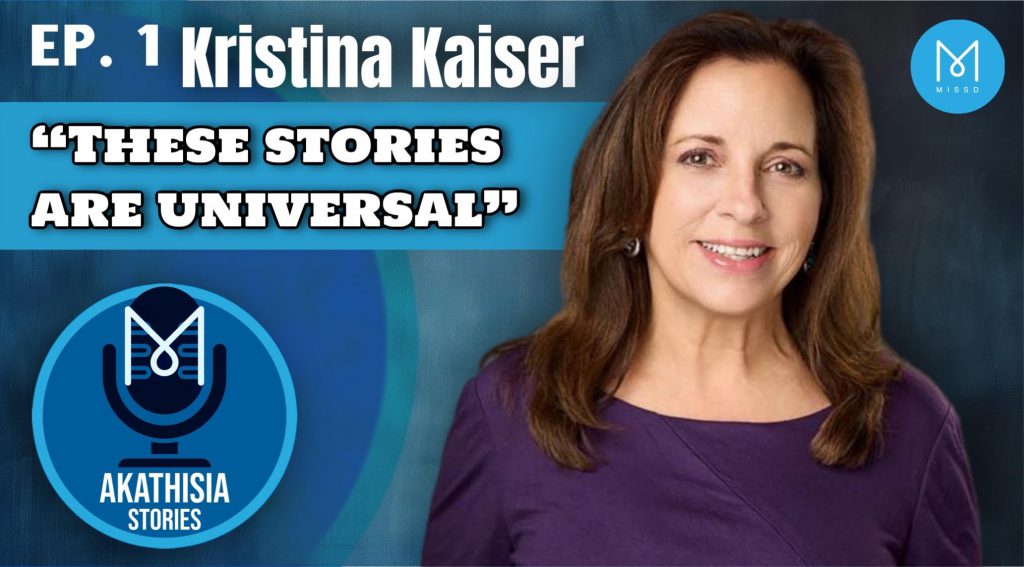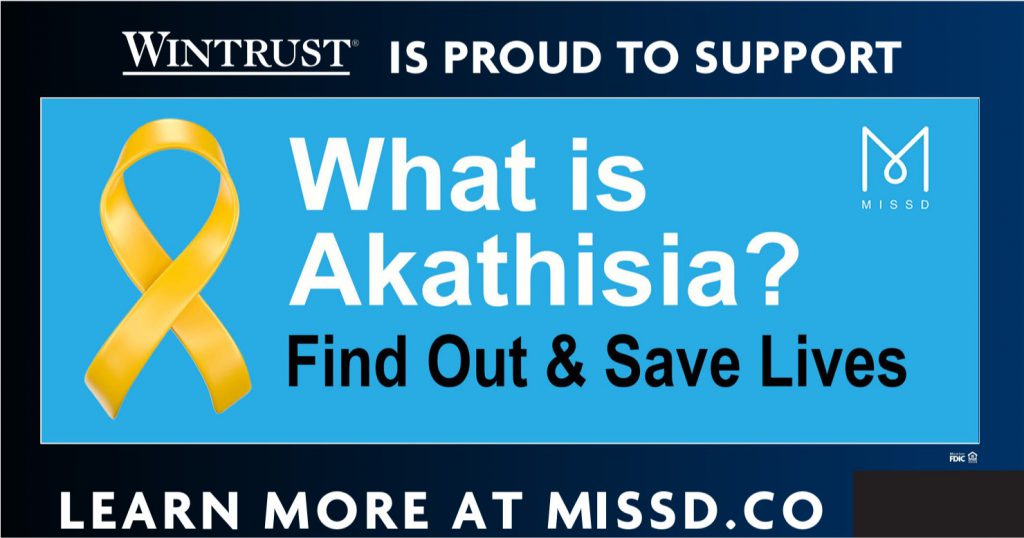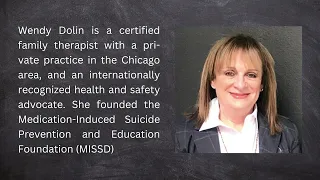Clear Suicide Risk Communication is a Basic Human Right
As countries mark World Mental Health Day, MISSD calls on drug regulators to strengthen suicide warnings and clearly communicate that the medication can cause akathisia and other severe side effects.
“People in every country deserve accurate information about medication risks,” said Wendy Dolin, MISSD founder. “Yet warnings are often missing or inconsistent across borders. Greater awareness and transparency can save lives.”
France just became the first nation to add a clear finasteride suicide warning—will the U.S. follow? Read the release at: https://www.einpresswire.com/article/856770655/missd-calls-for-global-action-on-medication-induced-suicide-risks.



